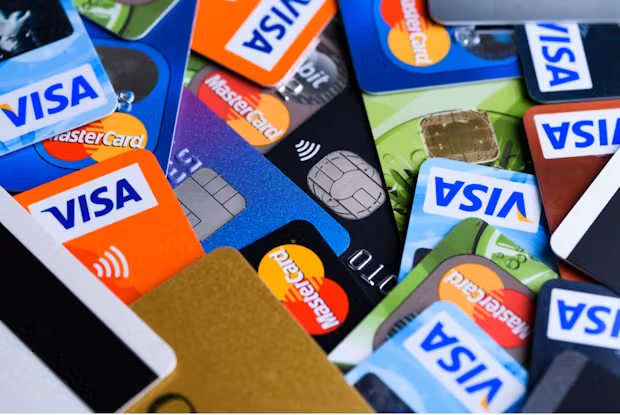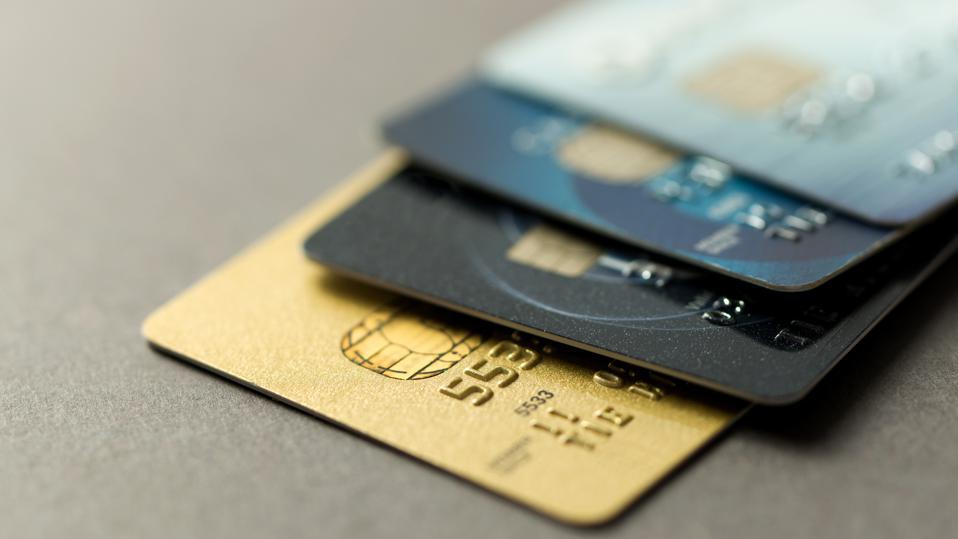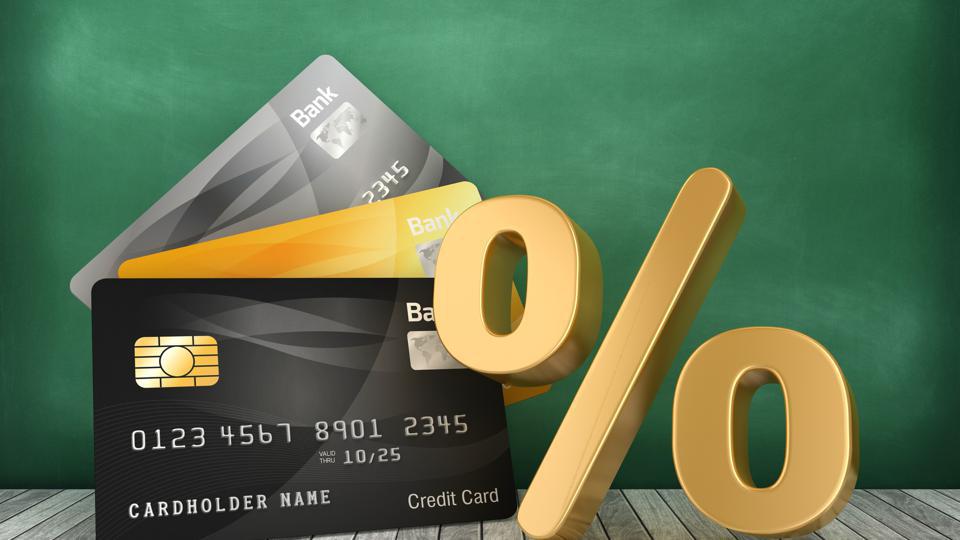
Credit cards are a powerful financial tool that, when used responsibly, can offer convenience, rewards, and a way to build credit. However, they can also lead to debt and financial stress if not managed properly. This guide will help you understand how credit cards work, their benefits, and how to use them effectively.
1. What Is a Credit Card?
A credit card is a type of payment card issued by banks or financial institutions that allows you to borrow money to make purchases. Unlike a debit card, which deducts money directly from your bank account, a credit card provides you with a line of credit that you must repay, usually on a monthly basis.
- How It Works: When you use a credit card, you are borrowing money from the card issuer up to a certain limit. You’ll receive a statement at the end of each billing cycle, detailing your purchases and the minimum payment required.
- Interest Rates: If you don’t pay your balance in full by the due date, you’ll be charged interest on the remaining balance. Credit card interest rates, also known as the Annual Percentage Rate (APR), can be quite high, often ranging from 15% to 25%.
2. Types of Credit Cards
There are various types of credit cards, each designed to meet different needs:
- Standard Credit Cards: Basic cards with no rewards or perks, suitable for everyday use.
- Rewards Credit Cards: Offer points, miles, or cashback for every dollar spent. These rewards can be redeemed for travel, gift cards, or statement credits.
- Secured Credit Cards: Designed for individuals with poor or no credit history. They require a security deposit, which acts as collateral and sets the credit limit.
- Student Credit Cards: Targeted at college students, these cards often have lower credit limits and may offer rewards or cashback on common student expenses.
- Business Credit Cards: Tailored for business owners, offering features like higher credit limits, expense tracking, and rewards for business-related purchases.

3. Benefits of Using Credit Cards
When used wisely, credit cards offer several benefits:
- Convenience: Credit cards are widely accepted and can be used for online and in-store purchases, making them a convenient payment method.
- Building Credit: Responsible use of a credit card helps you build a positive credit history, which is essential for securing loans, mortgages, and even certain jobs.
- Rewards and Perks: Many credit cards offer rewards programs, allowing you to earn points, miles, or cashback on your purchases. Some cards also offer perks like travel insurance, purchase protection, and extended warranties.
- Fraud Protection: Credit cards come with strong fraud protection features. If your card is lost or stolen, you’re typically only liable for a small amount, if any, of unauthorized charges.
- Interest-Free Periods: If you pay your balance in full each month, you can avoid paying any interest, effectively getting a short-term interest-free loan.
4. Potential Drawbacks and Risks
While credit cards have many benefits, they also come with risks:
- High-Interest Rates: If you carry a balance from month to month, the interest charges can add up quickly, leading to significant debt.
- Fees: Credit cards can come with various fees, including annual fees, late payment fees, balance transfer fees, and foreign transaction fees. It’s important to understand these costs before choosing a card.
- Debt Accumulation: It’s easy to overspend with a credit card, leading to debt that can be difficult to pay off. This can negatively impact your credit score and financial stability.
- Credit Score Impact: Late payments, maxing out your credit limit, or applying for too many cards can hurt your credit score, making it harder to obtain credit in the future.

5. How to Use Credit Cards Responsibly
To maximize the benefits and minimize the risks of credit cards, follow these tips:
- Pay Your Balance in Full: Aim to pay off your balance each month to avoid interest charges. If you can’t pay in full, make at least the minimum payment to avoid late fees and damage to your credit score.
- Monitor Your Spending: Keep track of your purchases to avoid overspending. Many credit card issuers offer tools and apps to help you monitor your account in real-time.
- Choose the Right Card: Select a card that fits your lifestyle and spending habits. If you travel frequently, a travel rewards card might be best. If you prefer simplicity, a cashback card could be a good choice.
- Limit Your Applications: Applying for multiple credit cards in a short period can negatively impact your credit score. Only apply for cards you need and are likely to be approved for.
- Understand Your Credit Limit: Keep your spending well below your credit limit. Using too much of your available credit can lower your credit score.
6. How to Compare Credit Cards
When choosing a credit card, consider the following factors:
- Interest Rate (APR): Compare the APRs of different cards, especially if you plan to carry a balance.
- Fees: Look for cards with low or no annual fees, especially if you don’t plan to use the card frequently.
- Rewards and Perks: Consider the rewards programs and perks offered by different cards. Choose a card that offers rewards in categories where you spend the most.
- Credit Limit: Ensure the card offers a sufficient credit limit for your needs without tempting you to overspend.
- Introductory Offers: Some cards offer 0% APR on purchases or balance transfers for an introductory period. These can be beneficial if you need to finance a large purchase or consolidate debt.
Conclusion
Credit cards can be a valuable financial tool when used wisely, offering convenience, rewards, and a way to build credit. However, they also come with risks, including high-interest rates and the potential for debt. By understanding how credit cards work, choosing the right card, and using it responsibly, you can enjoy the benefits while avoiding the pitfalls. Whether you’re new to credit or looking to make the most of your existing cards, a mindful approach to credit card use will help you achieve your financial goals.





